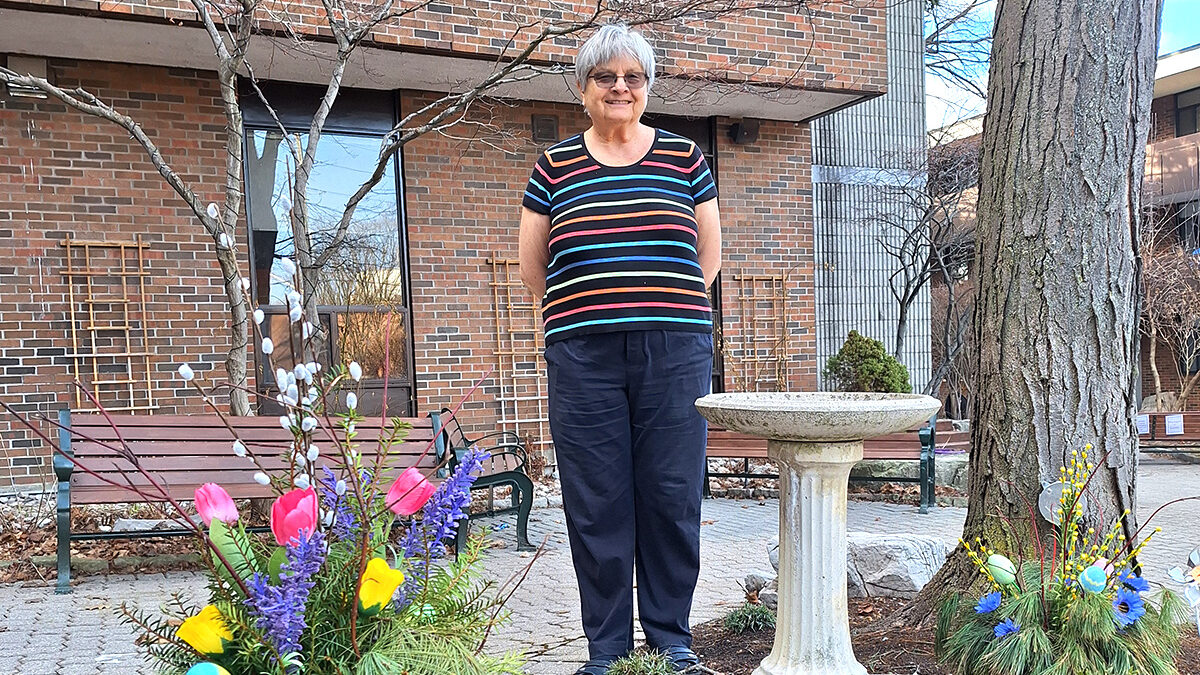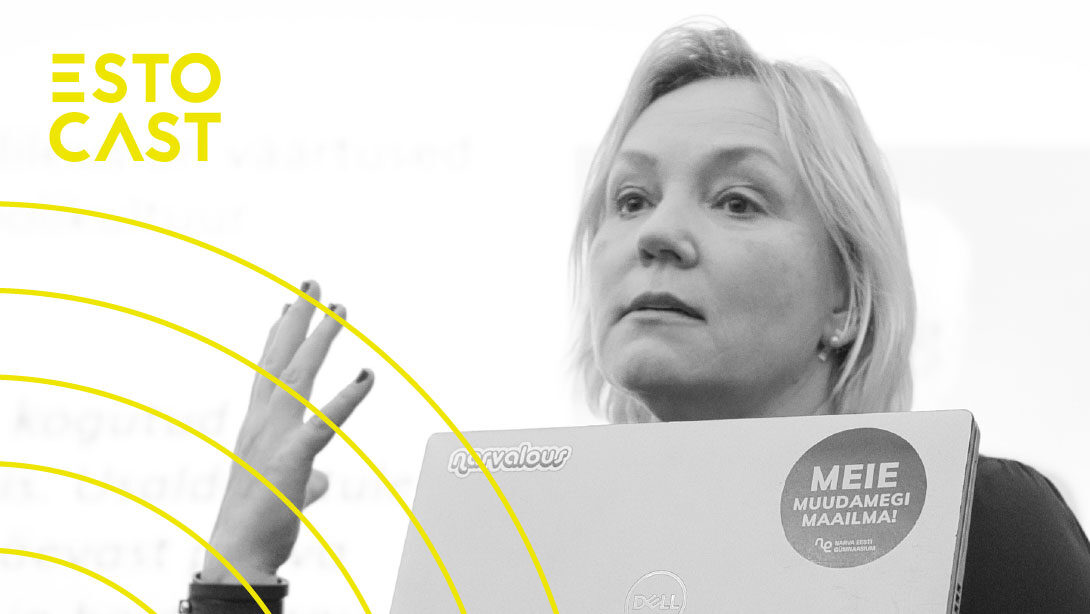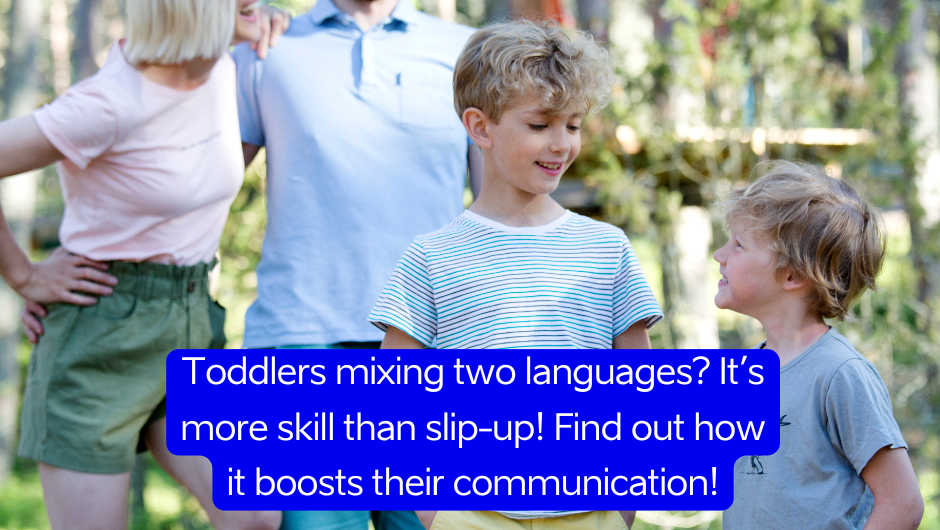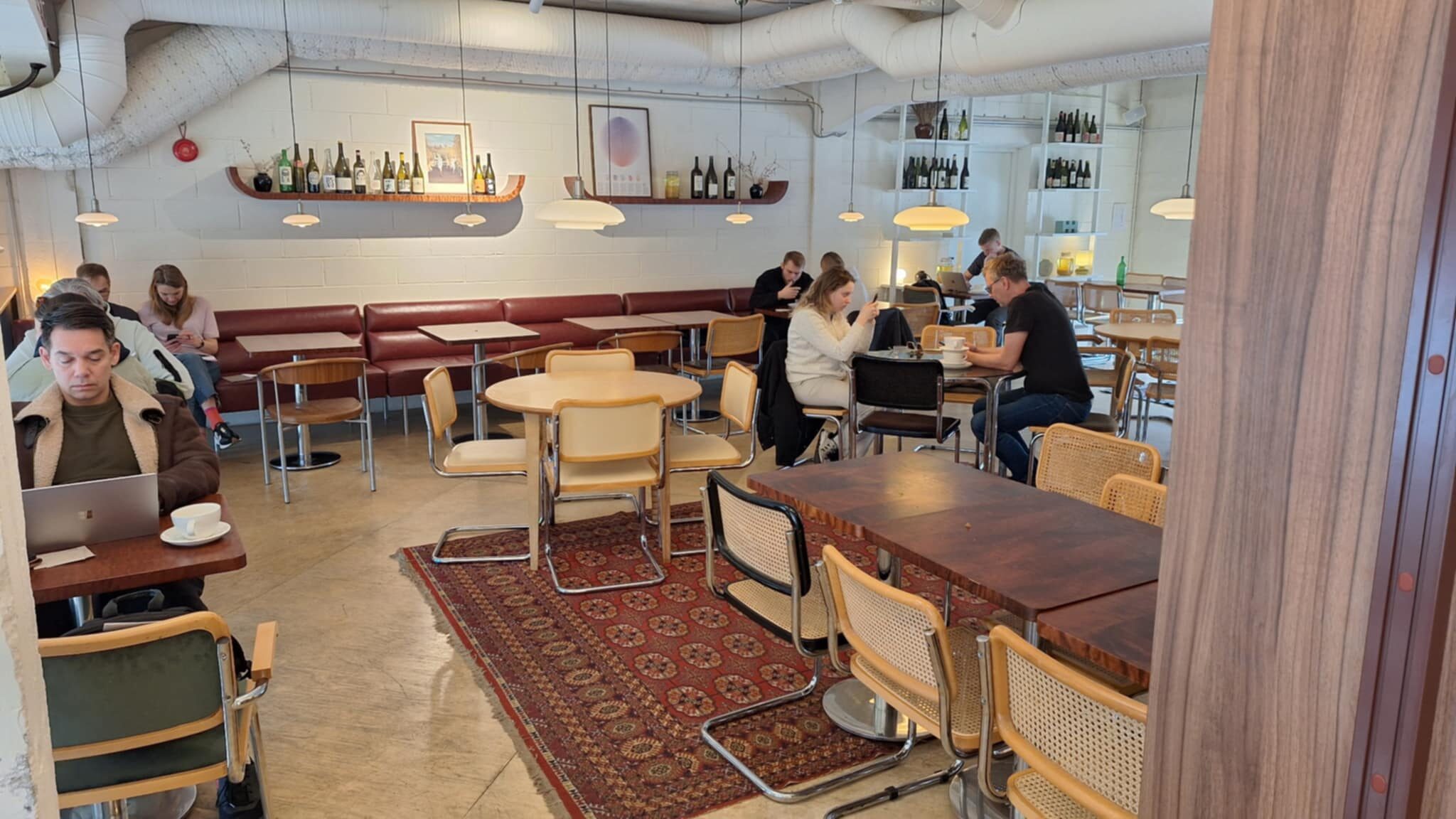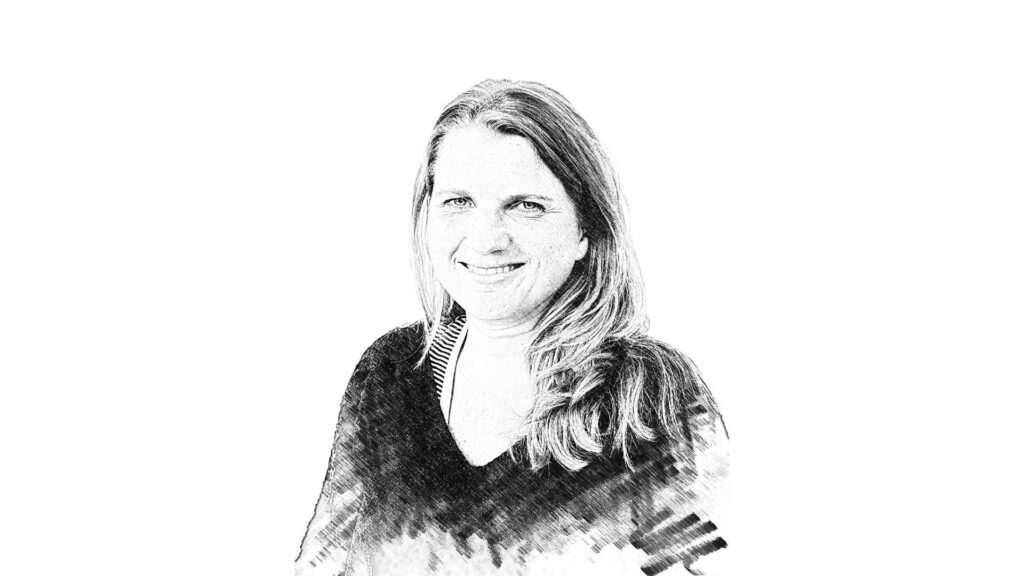
Since the war started in the Eastern parts of Ukraine in 2014, Mondo has provided humanitarian aid, psychosocial counselling, and digital support to internally displaced persons and schools affected by the conflict. The main coordinator of this aid is an old colleague and friend Veronika Svištš, with whom I was able to have lunch in between her travels to Ukraine.
From humanitarian aid to support to schools
Veronika was an obvious choice to lead Mondo’s efforts in Ukraine in 2014 with her own Ukrainian roots and language knowledge. She was quick to establish a relationship with a local partner, Vostok SOS, composed of young people who were themselves internal refugees from the Luhansk region in Eastern Ukraine. “Both in 2014 and again last February, we were quick to organize humanitarian aid directly to war affected territories. The spring of 2022 was crazy as we were trying to respond to the changing needs on the ground. Now as the UN and other bigger international organizations have taken over delivery of humanitarian aid, we have more time for supporting schools and education,” Veronika explains.
Täismahus artikkel on loetav Eesti Elu tellijatele
Igal nädalal toome me sinuni kõige olulisemad kogukonna uudised ja eksklusiivsed lood uutelt kolumnistidelt. Räägime eestlastele südamelähedastest teemadest, kogukonna tegijatest ja sündmustest. Loodame sinu toele, et meie kogukonna leht jätkuks pikkadeks aastateks.
Hind alates $2.30 nädalas.
